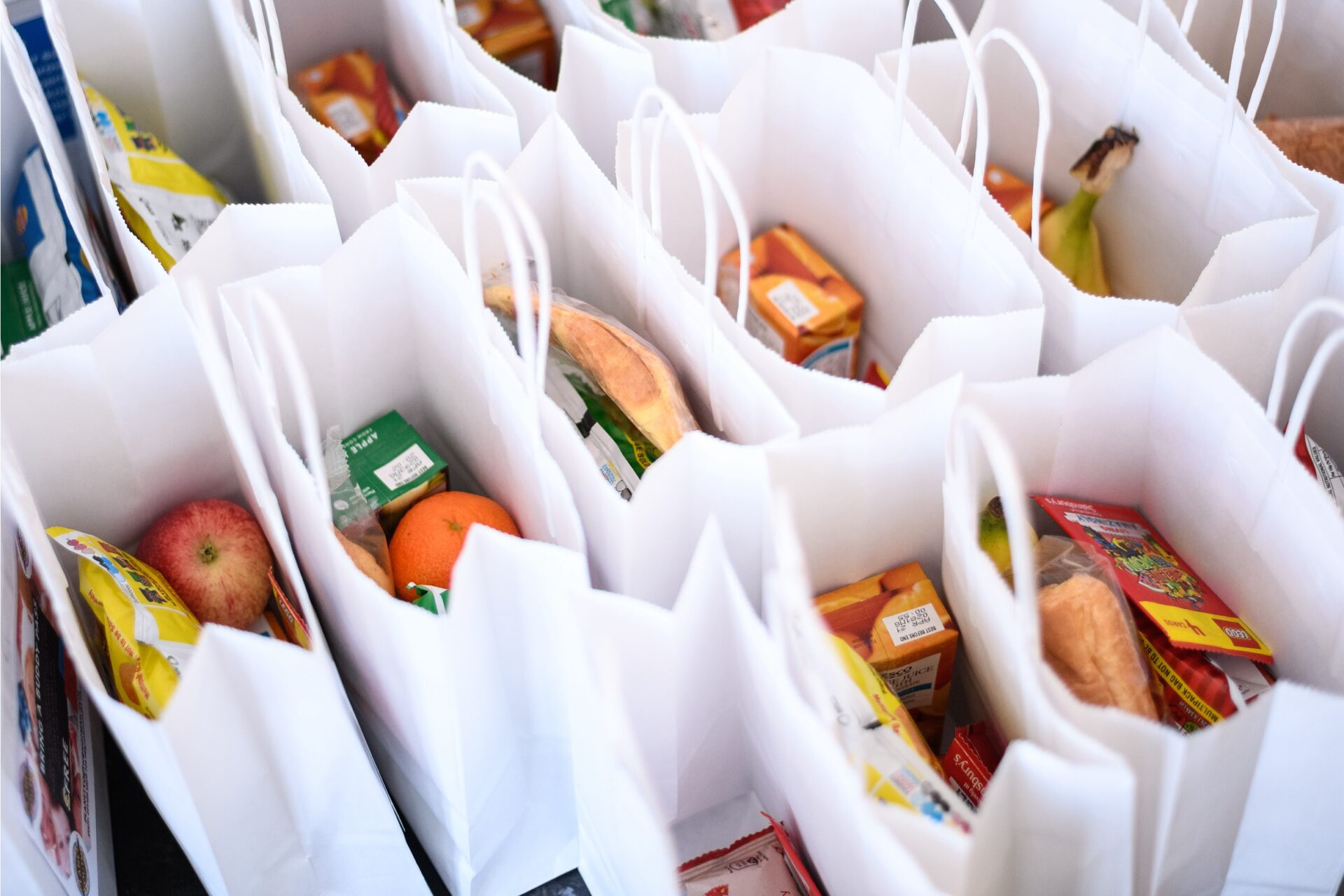
November 25, 2025
Pantries are asking donors to examine their offerings as the holiday season approaches.
Food pantries across the United States are seeing a surge in donations of expired, damaged, or improperly labeled food.
Pantries are asking donors to examine their offerings as the holiday season approaches. Compromised donations present safety challenges at a time when demand for assistance continues to climb.
Growing quantities of dented cans, past-date baby formula, and repackaged bulk foods that violate federal guidelines are being donated daily. Along with being unable to distribute the donations, pantries are spending increased hours sorting out food that cannot be safely distributed.
There are strict guidelines governing the food donations. Perishable items such as eggs, dairy, fresh meat, and produce are discouraged.
“While an individual can’t donate a bunch of bananas or a frozen turkey, many food banks do work directly with farmers, retailers, restaurants and other companies to source these perishable foods for donation,” Feeding America wrote in its guidance.
Like fresh items, Feeding America stated that home-baked goods are also a safety hazard because they cannot list ingredients. Though baked donations are off-limits, pantries partner with many establishments that offer regulated treats.
“Food banks often have relationships with local restaurants or bakeries which will donate extra food that is properly labeled.”
The rise in questionable donations comes as many families face higher grocery prices and reduced federal support. Supplemental Nutrition Assistance Program (SNAP) allotments temporarily increased during the pandemic, but most states ended those emergency boosts in 2023 and 2024. With household budgets tightening, more families rely on food banks, yet the quality of donated goods has become less reliable.
The Southern Living Food Bank Advisory notes, “Food banks cannot accept anything that is opened, damaged or missing required labeling.”
Pantry directors say the issue is not just logistical but also emotional for families who arrive expecting dependable help. Many centers have begun posting more explicit donation rules or shifting toward monetary contributions. Financial contributions allow food banks to purchase safe products directly from wholesalers.
Poor-quality donations often reflect public misunderstanding of food safety rules rather than intentional neglect. Still, the consequences are significant. Dented cans can develop bacterial contamination, and expired formula presents health risks that pantries cannot overlook.
Across the country, food banks are urging donors to review guidelines before dropping off groceries. The Southern Living advisory recommends three categories of high-need items:
• Shelf-stable proteins such as canned tuna, peanut butter or beans
• Whole-grain staples like rice or pasta in sealed manufacturer packaging
• Household essentials such as diapers or personal care products that are sealed and within date
With demand projected to rise seasonally through the winter months, food banks stress that safe donations can make an immediate impact.
“As long as the public knows what’s needed and what must be avoided, donations remain one of the strongest tools communities have,” the Southern Living guidance states.
RELATED CONTENT: David Banner: Stillness, Systems, and Self-Mastery: A Revolutionary Path


